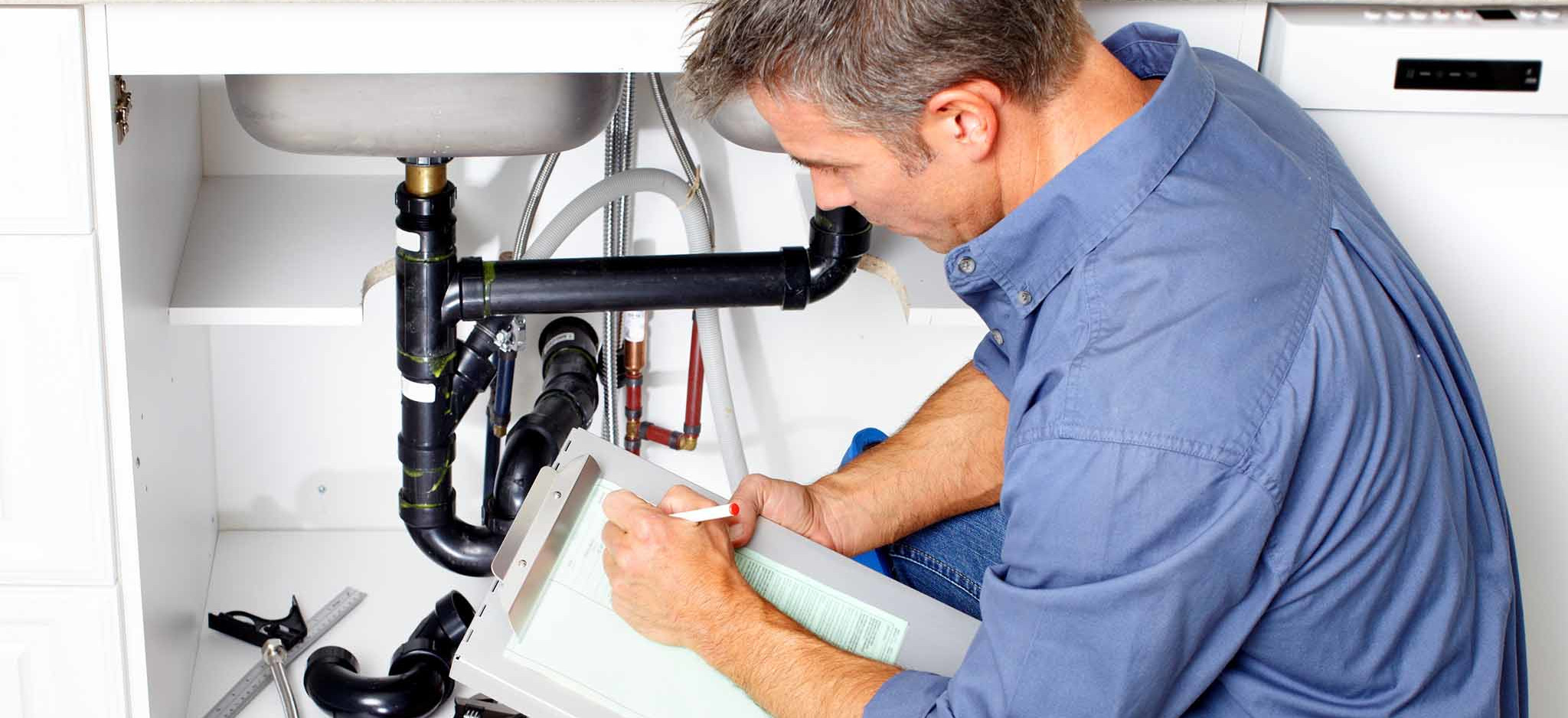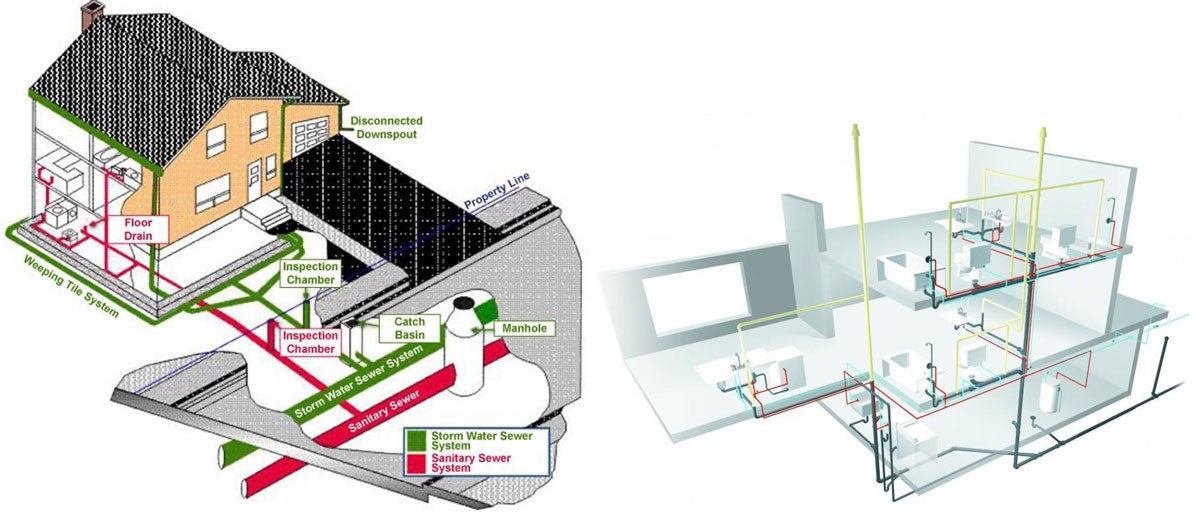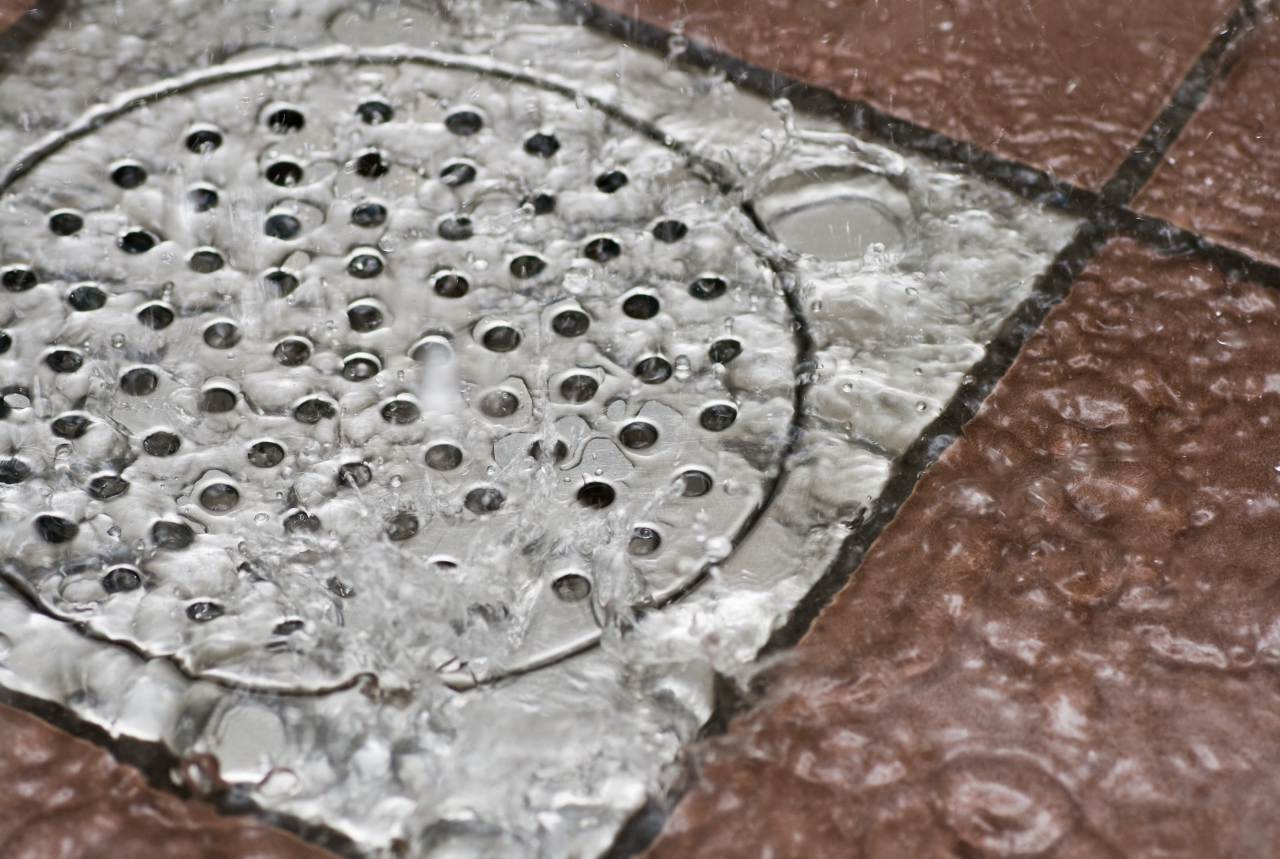Warning Signs That Your Water Heater Requires Attention
Did you know? The average water heater lasts between 8-12 years, but proper maintenance can extend its lifespan by up to 50%. Recognizing early warning signs can help you avoid costly emergency replacements and ensure consistent hot water supply for your home.
Your water heater works tirelessly behind the scenes, providing hot water for everything from morning showers to evening dishwashing. When this essential appliance begins to fail, it can disrupt your daily routine and potentially lead to water damage in your home. Maintaining optimal functionality of your water heater is crucial throughout the year, especially during colder months when demand increases.
Many homeowners overlook warning indicators until the situation becomes critical—often resulting in cold showers and emergency repair costs. Understanding key signals can empower you to address water heater issues proactively. Let's explore the significant signs that indicate your water heater needs professional attention from Plumb-All in Jonesboro, GA.
Significant Fluctuations in Water Temperature
One of the most noticeable signs of water heater trouble is inconsistent water temperature. If your shower suddenly alternates between scalding hot and ice cold, your water heater is likely struggling to maintain proper temperature regulation.
Temperature Fluctuation Warning Signs
- Inconsistent heating: Water that never reaches the set temperature
- Temperature swings: Sudden changes from hot to cold during use
- Delayed heating: Increasingly longer wait times for hot water
- Cold water only: Complete failure to heat water (most severe stage)
These temperature issues often indicate problems with the heating elements, thermostat, or sediment buildup inside the tank. Rapid changes in temperature warrant immediate attention from a professional technician at Plumb-All. Timely intervention is crucial to identify and rectify the root cause before complete system failure occurs.
Unusual Noises Coming From Your Water Heater
A properly functioning water heater operates quietly. If you begin hearing unusual sounds coming from your water heater, it's time to pay attention. These noises are often caused by sediment buildup at the bottom of the tank.
- Popping or rumbling: Sediment has formed a crust that traps water underneath, creating bubbling sounds when heated
- Cracking or ticking: Mineral scale buildup on heating elements
- Banging or hammering: Water hammer effect from pressure changes in pipes
- High-pitched whining: Possible valve or pressure issues
Pro Tip: Regular maintenance, including annual flushing of your water heater tank, can prevent sediment buildup and extend the life of your unit. This simple procedure removes minerals and debris that accumulate over time, improving efficiency and reducing strange noises.
Hot Water Leakage
Water leaking from your water heater is never normal and always requires immediate attention. Even small leaks can indicate serious problems and may quickly escalate into major issues if left unaddressed.
Common Causes of Water Heater Leaks
- Loose connections: Pipe fittings or valve connections may need tightening
- Pressure relief valve issues: The valve may be faulty or responding to excessive pressure
- Internal tank corrosion: The most serious cause, often requiring replacement
- Condensation: Not actually a leak, but can be confused with one (less concerning)
Initially, leakage might be minimal, catching your attention only when it escalates into a more significant problem. Recognizing any hot water leakage serves as a crucial signal that demands immediate repair. Addressing this issue promptly is a proactive measure that can save you both time and money in the long term.
Rusty or Discolored Water
If your hot water appears rusty, cloudy, or has an unusual odor, your water heater may be corroding internally. This is particularly common in older units and those in areas with hard water.
Rusty water specifically from hot water taps (but not cold) typically indicates that the anode rod in your water heater has deteriorated and the tank itself may be corroding. This sacrificial rod is designed to attract corrosive elements and protect the tank, but it needs replacement every few years.
Simple Test for Water Heater Corrosion
- Fill three clear glasses with hot water from a tap close to your water heater
- Fill three more glasses with cold water from the same tap
- If only the hot water samples are discolored, your water heater is likely the source
- If all samples are discolored, the issue may be in your main water supply
Reduced Hot Water Supply
If you notice that your hot water doesn't last as long as it used to, your water heater may be struggling due to:
- Sediment buildup reducing tank capacity
- Heating element failure
- Thermostat issues
- Increased household demand exceeding capacity
A professional can diagnose whether your system needs repair, maintenance, or if it's time to consider upgrading to a larger capacity or more efficient model. If you're experiencing frequent issues with your traditional water heater, it might be worth exploringtankless water heater options for improved efficiency and reliability.
When to Call a Professional
While some minor water heater maintenance can be performed by homeowners, most issues require professional attention. Contact Plumb-All immediately if you notice:
- Any water leaking from the tank itself
- Complete loss of hot water
- Unusual sounds accompanied by performance issues
- Rusty water from hot water taps
- Burning smells or other unusual odors near the unit
- Visible rust on the exterior of the tank
Stay informed about these warning signs and trust Plumb-All for all your plumbing needs in Jonesboro, GA. With over two decades of experience, our dedicated professionals are ready to provide efficient and effective solutions for your water heater concerns and other plumbing requirements.
Is your water heater showing warning signs? Don't wait for a cold shower!
Call us at 844 PLUMB-ALL


